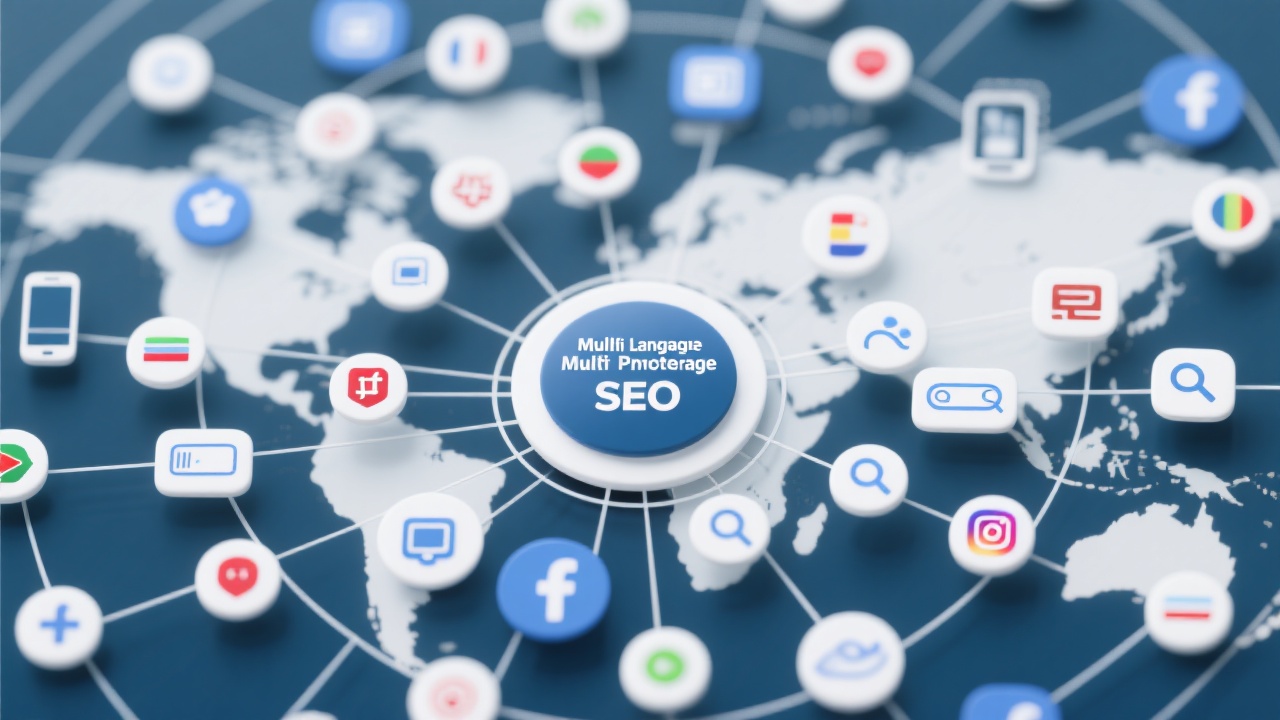 400-076-6558智领未来,外贸超级营销员
400-076-6558智领未来,外贸超级营销员
 400-076-6558智领未来,外贸超级营销员
400-076-6558智领未来,外贸超级营销员

In the realm of foreign trade B2B marketing, intelligent customer service systems have emerged as a game - changer. At the heart of these systems lies Natural Language Processing (NLP) and multi - language support. NLP technology enables the system to understand and process human language, converting unstructured text into actionable data. According to industry research, businesses that implement NLP - powered customer service systems can improve their customer understanding accuracy by up to 80%. This is achieved through techniques such as semantic analysis, named - entity recognition, and sentiment analysis.
Multi - language support is another crucial aspect. In the global B2B market, dealing with clients from different language backgrounds is inevitable. A well - implemented multi - language support system can cover over 50 languages, allowing seamless communication with international customers. For example, a European B2B company using an intelligent customer service system with multi - language support was able to expand its customer base by 30% in Asian markets within a year.

Let's take a look at some real - world cases. A large - scale foreign trade B2B enterprise in the electronics industry adopted an intelligent customer service system. Before the implementation, the average response time to customer inquiries was about 24 hours, and the customer satisfaction rate was around 60%. After integrating the intelligent customer service system, the average response time was reduced to less than 2 hours, and the customer satisfaction rate soared to 90%.
In terms of potential customer mining and conversion, the system also showed remarkable results. By analyzing customer behavior and preferences, the system can identify potential high - value customers. In one case, a machinery trading company was able to increase its lead conversion rate by 40% through targeted marketing based on the data provided by the intelligent customer service system.
| Indicator | Before System Implementation | After System Implementation |
|---|---|---|
| Average Response Time | 24 hours | Less than 2 hours |
| Customer Satisfaction Rate | 60% | 90% |
| Lead Conversion Rate | N/A | 40% increase |
Implementing an intelligent customer service system involves several key steps. First, system integration. It typically takes about 2 - 4 weeks to integrate the system with existing business platforms, including websites, CRM systems, and e - commerce platforms. Second, configuring automatic reply scripts is essential. These scripts should be designed based on common customer inquiries and business scenarios. For example, setting up pre - defined responses for product information requests, price inquiries, and shipping details.
The collaboration between customer service robots and human customer service representatives is also crucial. The customer service robot can handle routine inquiries, freeing up human agents to deal with more complex and high - value customer issues. In practice, this model can increase the efficiency of the customer service team by up to 50%.

One of the significant advantages of intelligent customer service systems is the ability to provide cross - timezone and multi - language communication. In the global B2B market, time differences can be a major obstacle to effective communication. With an intelligent customer service system, customers can get instant responses regardless of the time of day. The one - click connection to multiple social platforms further enhances this advantage. By connecting to platforms like LinkedIn, Twitter, and Facebook, businesses can reach a wider audience and optimize their real - time marketing strategies.
For instance, a furniture trading company used the one - click connection function to post product updates and promotional information on multiple social platforms simultaneously. As a result, its brand exposure increased by 50%, and the number of new leads increased by 35%.
The foreign trade industry faces many pain points, such as high customer service costs, low response efficiency, and difficulty in customer acquisition. Intelligent customer service systems can provide targeted solutions. By automating routine tasks, reducing response times, and accurately identifying potential customers, these systems can significantly improve the efficiency of customer service and help businesses expand their market share.

In conclusion, intelligent customer service systems are an indispensable tool for foreign trade B2B companies. They can effectively solve the pain points in multi - channel marketing, improve customer conversion rates, and drive market expansion. Click here to learn more about how our intelligent customer service system can transform your business!
.png?x-oss-process=image/resize,h_100,m_lfit/format,webp)
.png?x-oss-process=image/resize,h_100,m_lfit/format,webp)

.png?x-oss-process=image/resize,h_100,m_lfit/format,webp)
.png?x-oss-process=image/resize,h_100,m_lfit/format,webp)
.png?x-oss-process=image/resize,h_100,m_lfit/format,webp)
.png?x-oss-process=image/resize,h_100,m_lfit/format,webp)
